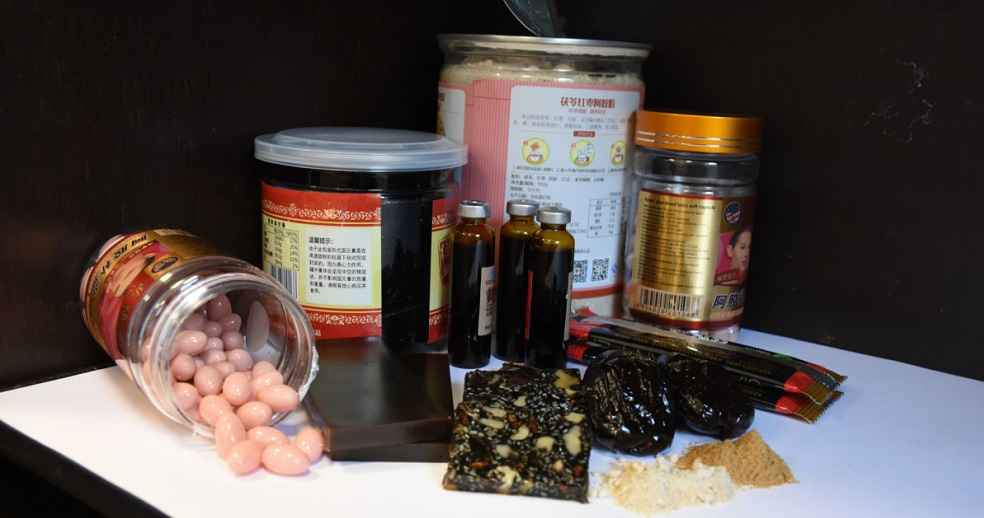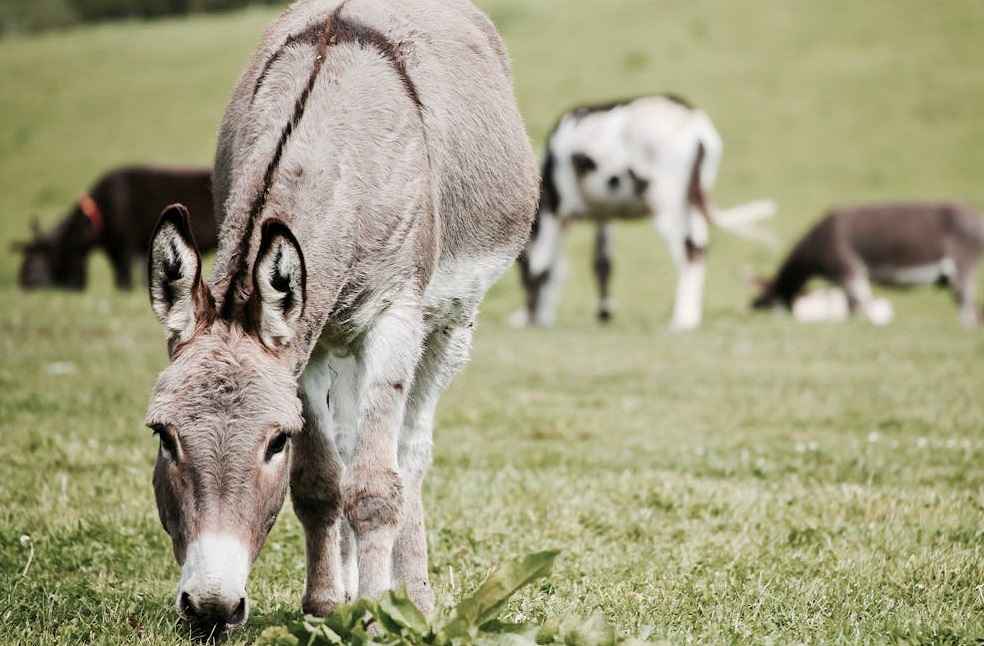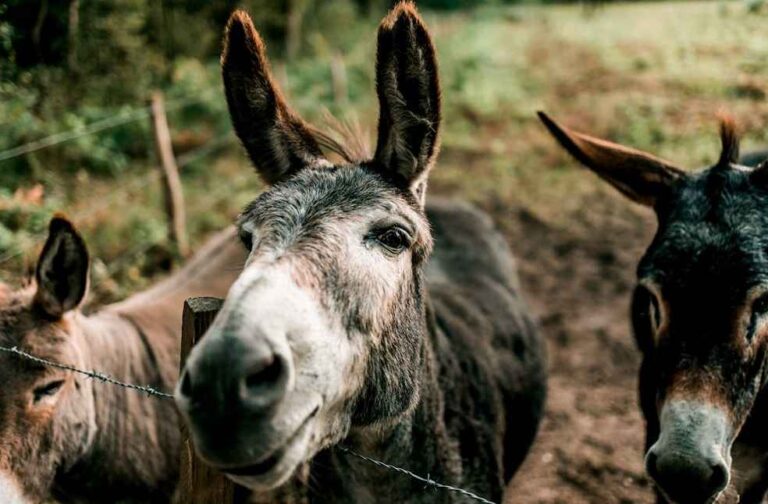At the forefront of a distinguished gathering, the 32nd National Equine Forum this March, Ian Cawsey, esteemed Director of Advocacy and Campaigns at the UK’s Donkey Sanctuary, shed light on the urgent endeavors to mitigate the alarming donkey skin trade. This commerce, propelled by the demand for ejiao within Traditional Chinese Medicine (TCM), precipitates severe repercussions for donkey populations globally, especially within developing regions.
Ejiao, known scientifically as ‘colla corii asini,’ represents a gelatinous concoction derived from the boiling of donkey skins. Esteemed for purported health virtues, such as enriching blood, combating anemia, and bolstering the immune system, ejiao has solidified its position as a pillar of TCM, catalyzing an industry worth $7.8 billion. Yet, this demand necessitates a staggering annual procurement of approximately 4.8 million donkey skins, a quota vastly surpassing China’s domestic capabilities.
Hence, a global sourcing ensues, predominantly from Africa—host to two-thirds of the planet’s donkey populace—as well as regions within Central and South America and Asia. The trade has precipitated a precipitous decline in donkey numbers, with nations like Botswana witnessing a 70% depletion from 2011 to 2021.

The repercussions of this trade extend beyond mere numbers, imparting profound socio-economic and environmental distress. In many low-income communities, donkeys stand as indispensable allies, offering essential, carbon-neutral conveyance and championing sustainable development. The acquisition and transportation of these animals to slaughterhouses often occur under deplorable conditions, devoid of food, water, or shelter, exacerbating the spread of diseases and environmental contamination.
Confronting these dire circumstances, a global mobilization has intensified to safeguard donkeys and their communities. The discovery of a nexus between the donkey skin trade and illicit wildlife trafficking has galvanized action from an array of organizations and initiatives, including the ARAF-Donkey Defend Initiative. These campaigns strive to thwart both the skin trade and the parallel smuggling of illicit wildlife products.
A seminal decision by the African Union in February 2024 to prohibit donkey slaughter and trade marks a critical advancement. Though consensus among Africa’s 54 countries remains elusive, this edict furnishes each sovereign state with the prerogative to enforce its moratorium on the trade. Joint endeavors among agencies such as Brooke, Spana, World Horse Welfare, and The Donkey Sanctuary have already heralded positive shifts, underscoring the imperative of international collaboration in tackling this issue.

Innovations beckon additional optimism. The advent of cellular agriculture, promising the laboratory synthesis of donkey collagen, could forge a sustainable ejiao alternative, mirroring the triumph of lab-cultivated Cordyceps fungi in TCM. This avant-garde method could drastically curtail the demand for donkey skins, offering salvation to donkey populations and the communities reliant upon them.
The international campaign against the donkey skin trade illuminates the intricate balance between cultural traditions, economic imperatives, and ethical obligations. As humanity navigates these challenges, the endeavors of dedicated individuals and consortia to defend vulnerable donkey populations and endorse sustainable alternatives illuminate a path toward a more compassionate and ecologically mindful future.
AEROSPACE AND DEFENCE | US and France Gain in Arms Trade Race, European Imports Spike, Russia Declines



